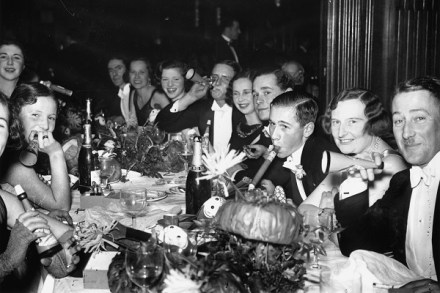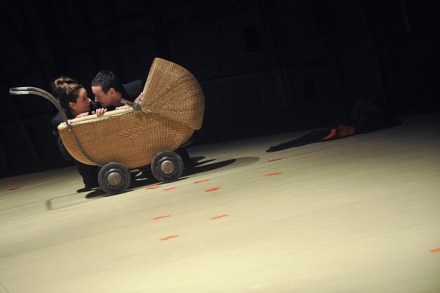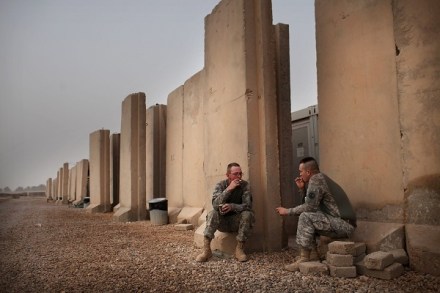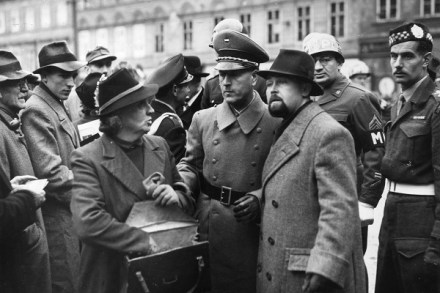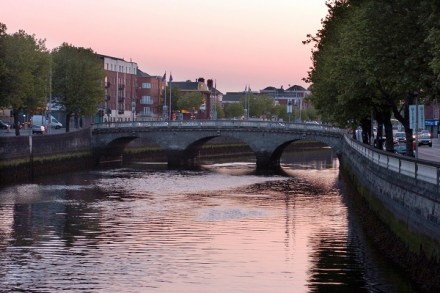Heat Lightning by Helen Hull – review
‘I had decided that I wished to write a novel about the immediate present – this was the summer of 1930 – and I had been speculating about the way people were acting and feeling,’ wrote Helen Hull of Heat Lightning in 1932. Heat Lightning follows the tumultuous Amy Norton as she returns temporarily to
